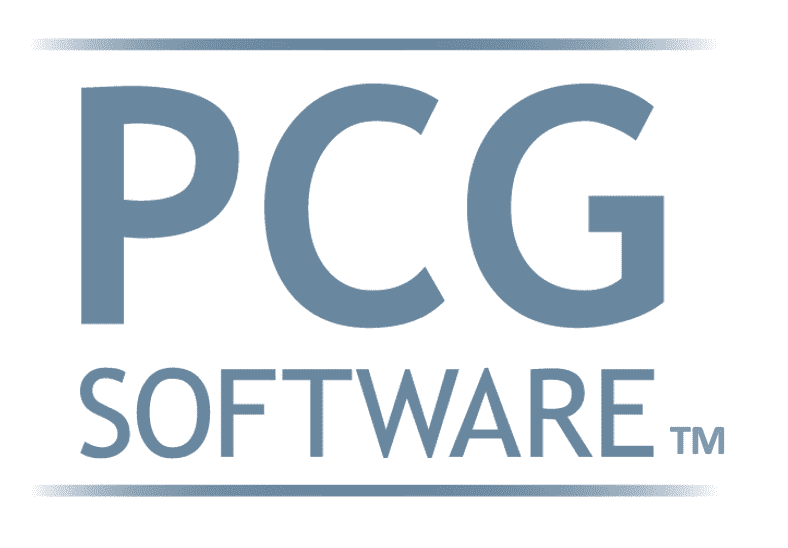DME Fraud Cases, DME Fraud Information
Durable Medical Equipment (DME) is a critical aspect of healthcare that helps people with disabilities, chronic conditions, and injuries to perform their daily activities with ease. However, in recent years, the DME industry has become prone to fraud, waste, and abuse, leading to a massive financial drain on the healthcare system. This problem not only affects government-funded healthcare programs such as Medicare and Medicaid but also increases the overall cost of healthcare for all Americans. In this blog post, we will discuss the various forms of DME fraud, waste, and abuse, their impacts, and the measures being taken to curb this problem.
What is DME Fraud, Waste, and Abuse?
DME fraud, waste, and abuse refer to the intentional or unintentional misuse of DME services, supplies, and equipment for financial gain. The following are some of the common forms of DME fraud, waste, and abuse:
- Billing for DME services or supplies that were not provided: This is one of the most prevalent forms of DME fraud where healthcare providers bill for DME services or supplies that were not provided to the patient. For example, billing for a wheelchair that was never delivered or a medical device that was never used.
- Billing for unnecessary DME services or supplies: In this type of fraud, providers bill for DME services or supplies that are not medically necessary for the patient. This could be due to a lack of understanding of the patient's needs or a deliberate attempt to defraud the healthcare system.
- Unlawful kickbacks: This refers to the payment of bribes or other forms of compensation in exchange for referring patients to a particular DME provider. This is illegal and is considered a form of fraud.
- False certification: In this type of fraud, a healthcare provider certifies that a patient needs a specific DME service or supply when it is not medically necessary. This is done to increase the provider's profits by billing for unnecessary services.
Impacts of DME Fraud, Waste, and Abuse
The impacts of DME fraud, waste, and abuse are far-reaching and affect not only the government-funded healthcare programs but also the entire healthcare system. Some of the impacts are as follows:
- Financial burden: DME fraud, waste, and abuse result in a massive financial burden on the healthcare system. It is estimated that DME fraud, waste, and abuse cost the Medicare program billions of dollars each year.
- Increased healthcare costs: The cost of healthcare is already high, and DME fraud, waste, and abuse only add to this burden. As the cost of healthcare increases, it becomes increasingly difficult for people to access the care they need.
- Reduced access to care: As the cost of healthcare continues to rise, many people may have to forego necessary medical treatment or services, including DME services, due to the financial burden.
- Quality of care: DME fraud, waste, and abuse can also affect the quality of care that patients receive. For example, patients who receive DME services or supplies that are not medically necessary may not receive the care they need, and those who receive DME services or supplies that are not appropriately fitted may experience discomfort or injury.
Measures to Curb DME Fraud, Waste, and Abuse
There are several measures being taken to curb DME fraud, waste, and abuse. Some of these measures include:
- Increased enforcement: The government is cracking down on DME fraud, waste, and abuse by increasing enforcement efforts. The Department of Health and Human Services (HHS) Office of Inspector General (OIG) has established a fraud prevention program that focuses on investigating and prosecuting individuals and organizations that engage in fraudulent activities in the DME industry.
- Provider screening: To prevent fraud, waste, and abuse, the HHS OIG has implemented a screening process for DME providers. This process helps to identify individuals and organizations with a history of fraud, waste, and abuse, and prevent them from participating in government-funded healthcare programs.
- Education and outreach: Education and outreach programs aim to raise awareness about DME fraud, waste, and abuse and encourage individuals to report suspicious activities. The HHS OIG has established a fraud hotline that individuals can use to report suspected cases of DME fraud, waste, and abuse.
- Data analysis: The HHS OIG uses data analysis techniques to identify patterns and trends in DME fraud, waste, and abuse. This information helps to prioritize enforcement efforts and improve the overall effectiveness of the fraud prevention program.
- Collaboration with industry partners: The HHS OIG is also working closely with industry partners, such as the National Suppliers Clearinghouse and the Centers for Medicare and Medicaid Services, to share information and prevent DME fraud, waste, and abuse.
DME Fraud Examples & Case Studies
$1.2 Billion Medicare DME Scam
Violating the False Claims Act, 24 people were charged with writing bogus prescriptions for DME products. They used international call centers to target seniors to purchase DME items at discounted prices and then upsold them services and products they did not need. This same call center bribed physicians and clinics to go through their service to order DME to which they coordinated deliveries through another company that billed individual items instead of package pricing with markups.
$17 Million DME Fraud Example
Alexandra Stchastlivseva, 52, of New York defrauded Medicare and Medicare beneficiaries of $17 Million in kickbacks. These false and fraudulent claims submitted to Medicare were deliberate time and time again, and now she’s likely to serve at least five (5) years in prison.
$7.5 Million DME Fraud in Missouri
$7.5 Million in DME Fraud and 30 months in prison for Jamie McCoy, 42 for offering and paying illegal kickbacks for referrals. He owned two separate DME companies, both of which participated in offering 70-80% profit sharing with any provider that provided him with a Medicare patient in need of DME services or products. This wasn’t even his first case of kickbacks, in 2017 they created new companies that hid ownership and under a new name began once against to defraud Medicare, Tricare, and its members.
$27 Million DME Fraud Scheme
Leah Hagen, 50, and her 54-year old Austrian husband, Michael Hagen, used kickback and bribes under two different DME LLCs to use call centers to target Medicare beneficiaries to agree to DME services that they did not need and/or never received. They receive 151 months in prison for their sentence.
$4.6 Million in DME Fraud
Bolademi Adetola was ordered to repay $4.6 million in restitution to serve a combined 8 years of prison time for fraudulently billing prescriptions for wheelchairs and supplies, then offering kickbacks to providers for buying them and referring patients back to the providers that had “more comfortable recliners, chairs, and supplies.”
$11.5 Million Full DME Fraud
Marcell Herrera of Texas, is now serving 12 years of prison time for providing false DME claims totaling $11.1 million to both Medicare and Medicaid. Marcello would submit claims for wheelchairs, supplies, and anything they had in their inventory or out of inventory.
Small but More Regular Fraudulent Schemes.
Conclusion
DME fraud, waste, and abuse is a serious problem that affects the healthcare system and has far-reaching impacts on patients, providers, and taxpayers. The government is taking steps to curb this problem, but it is also important for individuals to play their part by reporting suspicious activities and being vigilant about their own healthcare needs. By working together, we can help to reduce DME fraud, waste, and abuse and ensure that all Americans have access to the quality healthcare they deserve.
PCG Software has amazing AI Software that can help Health Plans, IPAs, MSOs, TPAs, and even clinics see, stop, and analyze DME related fraud. Contact us for a FREE business analysis and demo.
Our History and Credibility in Reporting this Information:
For over 30 years, PCG Software Inc. has been a leader in AI-powered medical coding solutions, helping Health Plans, MSOs, IPAs, TPAs, and Health Systems save millions annually by reducing costs, fraud, waste, abuse, and improving claims and compliance department efficiencies. Our innovative software solutions include Virtual Examiner® for Payers, VEWS™ for Payers and Billing Software integrations, and iVECoder® for clinics.
Support Request
New Customer Quick Links
All Rights Reserved | PCG Software, Inc.
Website Created & Managed by Talents Into Profits


